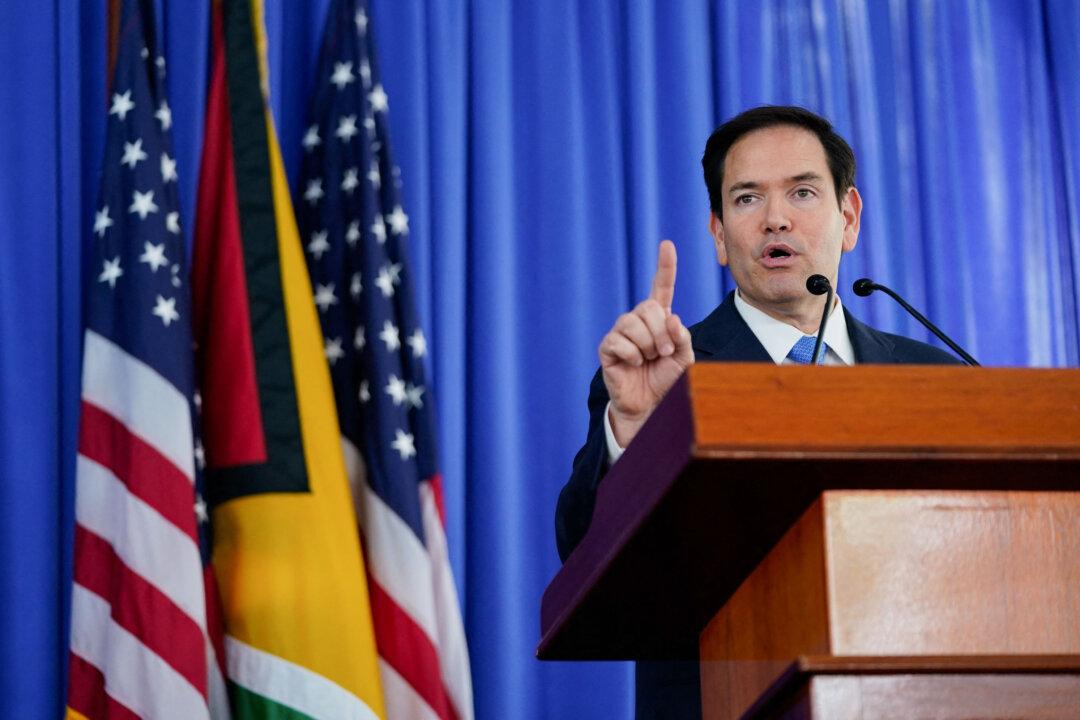WASHINGTON—The United States on March 31 sanctioned six Beijing and Hong Kong officials for abuses in the China-ruled city and efforts of transnational repression on U.S. soil, the first such step that the new Trump administration has taken.
The action was coupled with the release of an annual State Department report submitted to Congress, which found new Beijing actions that directly threaten U.S. interests while violating the regime’s commitments to not interfere with Hong Kong’s autonomy, independent judiciary, and fundamental freedoms until 2047.





